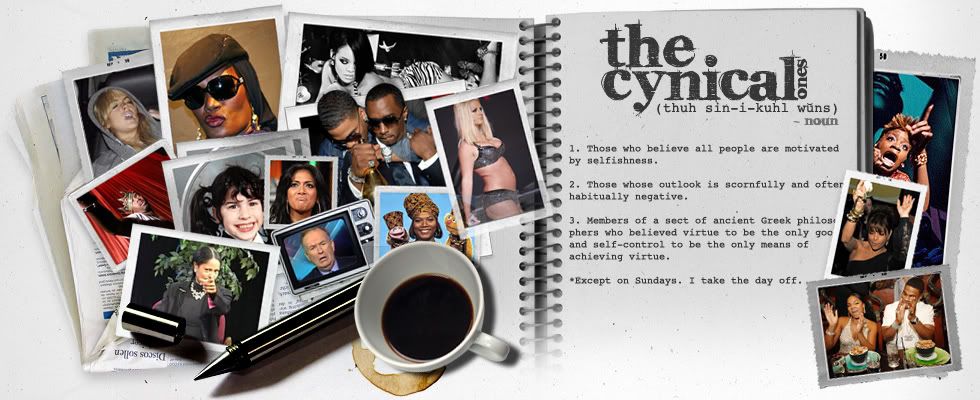


Writer. Music head. Political junkie. Pop culture whore. Funny black boy. Looking to have a voice in the world -- with a few good sponsors.
Find Me Here:

The Roll

Previous Posts

archives

After months of wrangling, Democratic and Republican leaders in Congress struck a deal on Thursday to overhaul the rules on the government's wiretapping powers and provide what amounts to legal immunity to the phone companies that took part in President Bush's program of eavesdropping without warrants after the Sept. 11 attacks.
The deal, expanding the government's powers to spy on terrorism suspects in some major respects, would strengthen the ability of intelligence officials to eavesdrop on foreign targets. It would also allow them to conduct emergency wiretaps without court orders on American targets for a week if it is determined that important national security information would otherwise be lost. If approved, as appears likely, the agreement would be the most significant revision of surveillance law in 30 years.
Just in the first three months of 2008, recent lobbyist disclosure statements reveal that AT&T spent $5.2 million in lobbyist fees (putting it well ahead of its 2007 pace, when it spent just over $17 million). In the first quarter of 2008, Verizon spent $4.8 million on lobbyist fees, while Comcast spent $2.6 million. So in the first three months of this year, those three telecoms -- which would be among the biggest beneficiaries of telecom amnesty (right after the White House) -- spent a combined total of almost $13 million on lobbyists. They're on pace to spend more than $50 million on lobbying this year -- just those three companies.Figures. Bush willfully breaks the law, and instead of Congress standing a stand, they give him more power because they'd rather appease lobbyists than the people they represent.